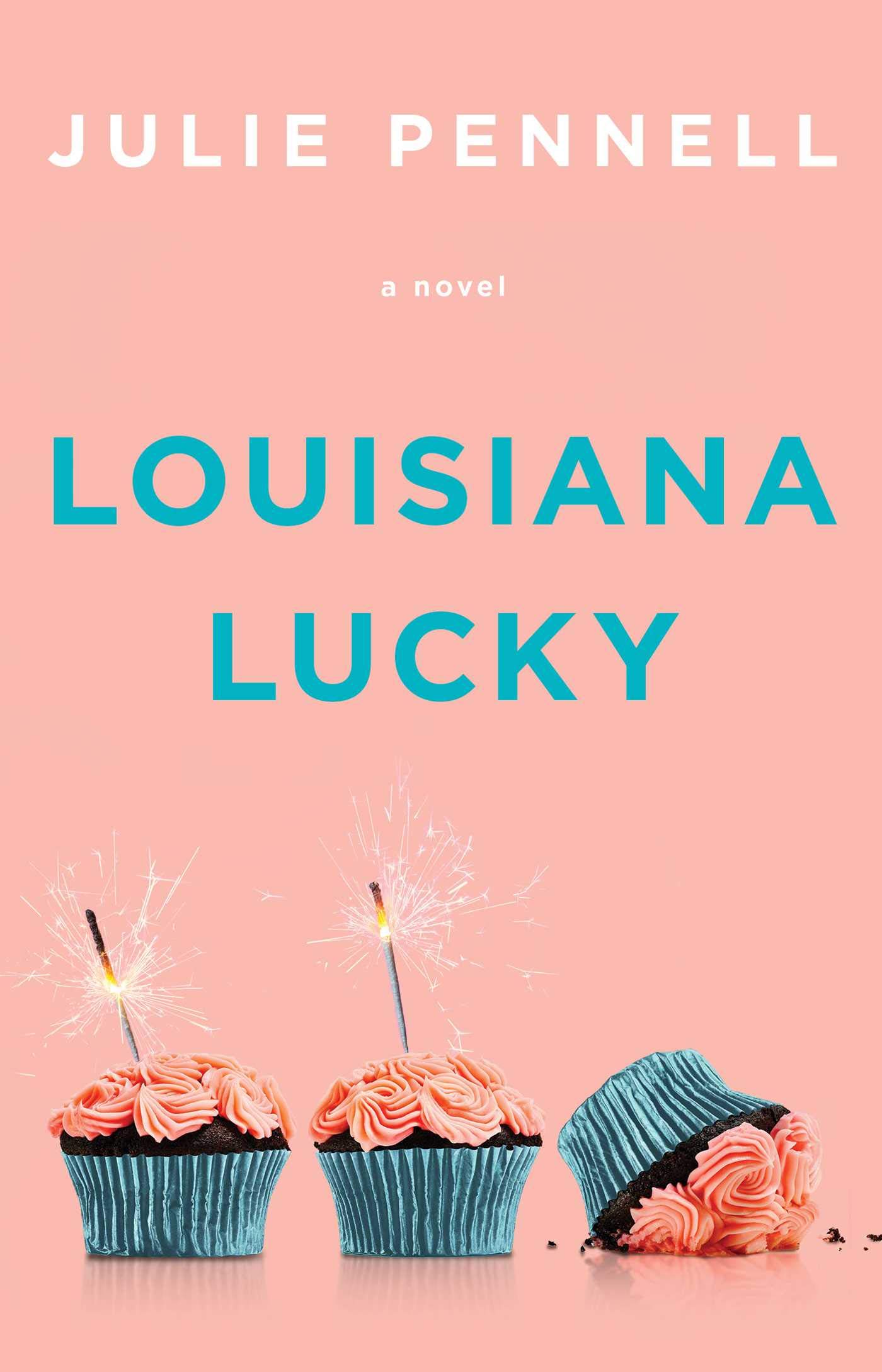
Happy publication day to Amy Poeppel and the team behind Musical Chairs! If you saw my previous post, you’ll know that I enjoyed this book thoroughly. Re-posting my original review, with added quotes from the ARC I received months ago. Hope you all enjoy this book, and let me know what you think in the comments!
Let’s start with: this is not my usual fare. I almost exclusively read and review books with twenty-or early-thirty-something protagonists, often set in urban landscapes, with edgy subject matters and/or a biting sense of wit. Musical Chairs has none of that. Instead, it is a tame book about family dynamics, set in rural Connecticut, with a middle-aged protagonist and zero Millennial angst. Nevertheless, I genuinely enjoyed this book, which is a testament to Amy Poeppel’s writing. There’s not a ton going on here as far as plot, but the characters are all well-developed and the world feels immediately available for entering and viewing, as flies on the water-dampened walls of Bridget’s home. Usually, I’ve found with novels like this, the details drown out all else, but Poeppel manages the fine balance of detail, dialogue, and action. Her skills are so evident that I plan to go back and read her previous work, Small Admissions.
I particularly enjoyed the subtle, but effective metaphors throughout the book, weaving together music, love, and the “series of inspired follies” that is life. As the novel comes to its culmination, we’re reminded that “Life is most delightful when it is on the downward slope.”– a beautiful, if not often neglected, sentiment, particularly given the demographic here.
“Life is a perfect combination of chance and choreography… a group of people come together and delight int he act of rearranging themselves into new configurations. ONe person turns, leaving a space, upsetting the arrangement, but the other dancers follow suit and they all align themselves anew. For a moment they are all in motion, shifting with a chassé or a crossover, until a new constellation forms, and then there’s a moment of equilibrium… before it begins again.”
How beautiful, right?
This will be popular among book club enthusiasts, for its quaint story that opens up larger discussions of what it is to be a middle-aged woman, raising children who are struggling to find their way, taking care of aging parents, and having a life of one’s own romantically and professionally. How does the modern woman navigate all of life’s nooks and crannies (which is what it is here, rather than the cliche ‘ups and downs’)? While this isn’t the book you’d go to for thrills, laughs, or a steamy romance, it is the perfect book with which to curl up on a rainy day.
Rating: 4/5 stars.
Order Musical Chairs on Amazon here.

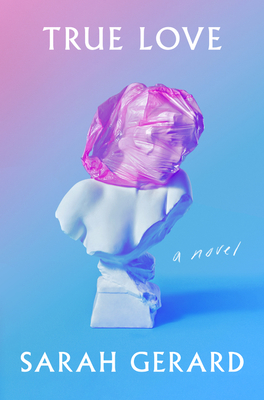
![Broken People: A Novel by [Sam Lansky]](https://m.media-amazon.com/images/I/41TZrQkeSQL.jpg)


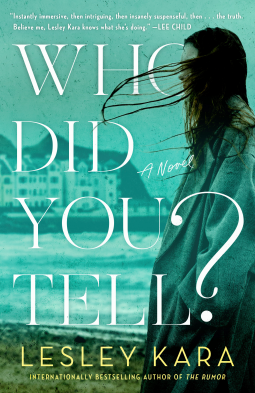
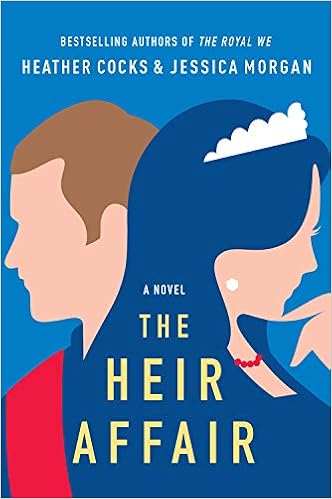

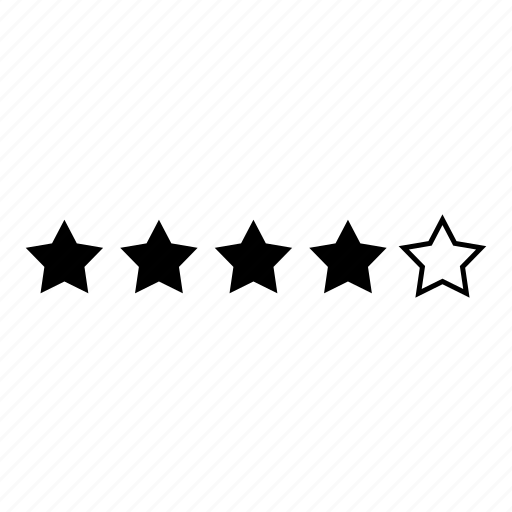

![The First Date: A heartwarming and laugh out loud romantic comedy book that will make you feel happy by [Zara Stoneley]](https://m.media-amazon.com/images/I/41Ixm-HpVFL.jpg)

